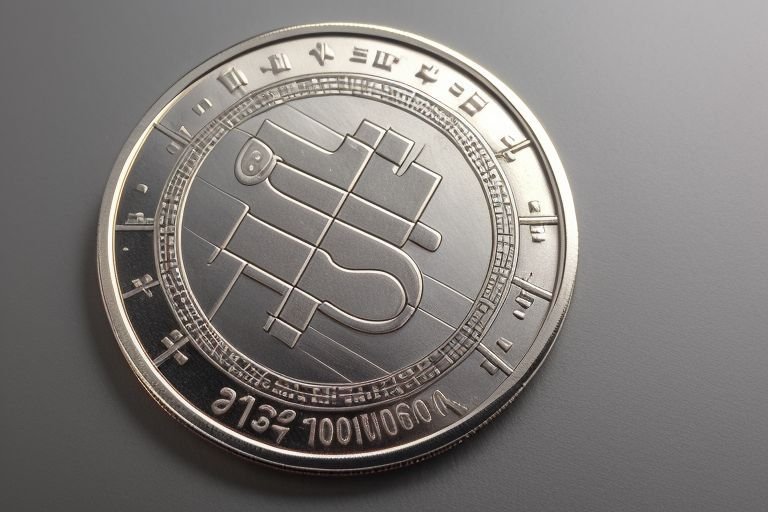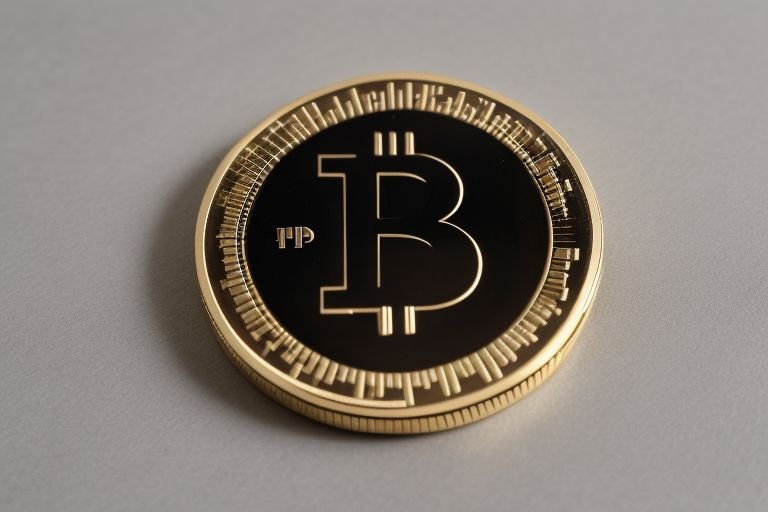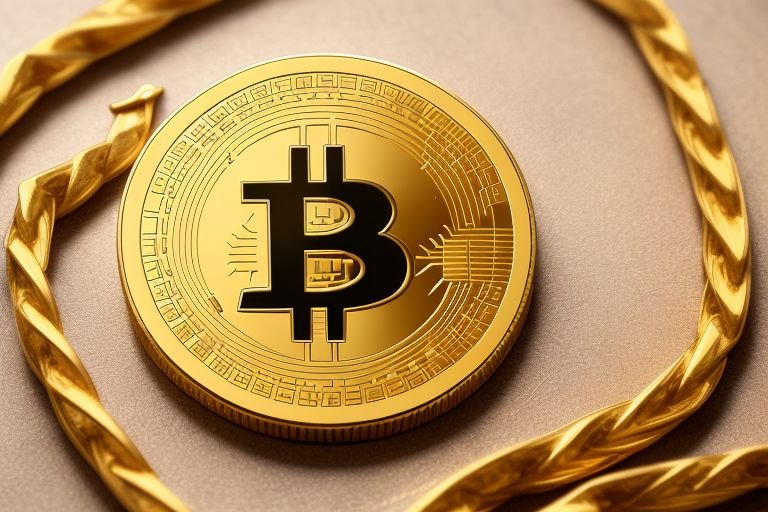Lower grocery prices may soon bring relief to shoppers, according to Walmart CEO Doug McMillon. In a recent statement, McMillon indicated that the US food industry might be on the brink of a deflationary period, following three years of relentless price increases that have left consumers grappling with sticker shock at the checkout counters of their local grocery stores. Since the onset of the pandemic, food prices have surged by an astonishing 25%, placing a considerable burden on households across the nation.
“We may see dry grocery and consumables start to deflate in the coming weeks and months,” McMillon stated, hinting at the possibility of Walmart, the largest retailer in the United States, entering a deflationary environment. Notably, groceries account for more than half of Walmart’s total sales.
While the pace of food inflation has somewhat decelerated in recent months, food prices continue to trend upwards. According to the latest data from the Labor Department, food prices rose by 3.3% annually in October compared to the previous year. However, some essential items such as bacon, seafood, and eggs have experienced price reductions.
In contrast, prices for other goods like appliances, phones, airline tickets, and toys have shown a downward trend, according to the Labor Department.
The Pros and Cons of Deflation
Deflation, if it materializes, would be welcome news for consumers as it implies lower prices on essential items. However, it could potentially pose risks to the overall economy.
Falling prices often signify weak demand, and consumer spending plays a pivotal role in the health of the economy. When individuals anticipate future price reductions, they may delay making significant purchases. If this mindset becomes widespread, it can lead to reduced overall spending, prompting employers to lay off workers and potentially tipping the economy into a recession.
Moreover, managing an economy in a deflationary environment is challenging for central banks. Unlike inflation, where prices rise and stimulate economic growth, deflation can stifle economic expansion. The Federal Reserve, for example, has been increasing interest rates to cool down the economy, which would become even more challenging in a period of deflation.
A classic example of the repercussions of deflation can be found in Japan’s “lost decade” from 1991 to 2001. During this period, the Japanese economy continued to contract as deflation persisted. It took several decades of stimulus measures to reintroduce inflation and reignite economic growth.
While the prospect of lower food prices may be a boon for consumers, the potential onset of deflation should be monitored closely. Its impact on the broader economy and the challenges it poses to policymakers are important considerations in the ever-evolving economic landscape.









Leave a Reply